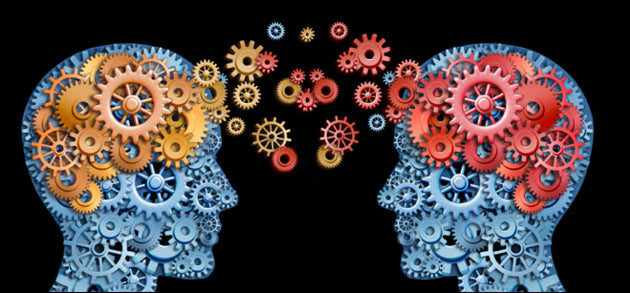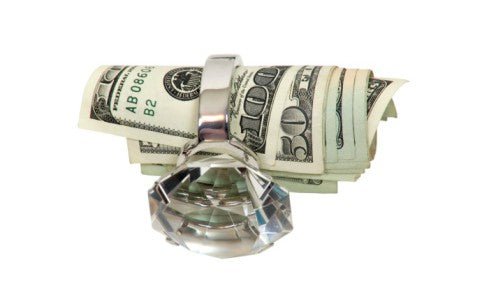How to Apply Your Compatibility Test Results to Your Life
Congratulations! You’ve taken your first Instant Chemistry compatibility test. Trying to digest what everything means? We’ve written a guide for you to better understand what your test results say about you and your relationship.
Let’s jump in.
Your Results
Your personal results will give you two pieces of genetic information and a psychological assessment. As a couple, you will both receive a compatibility score too.





